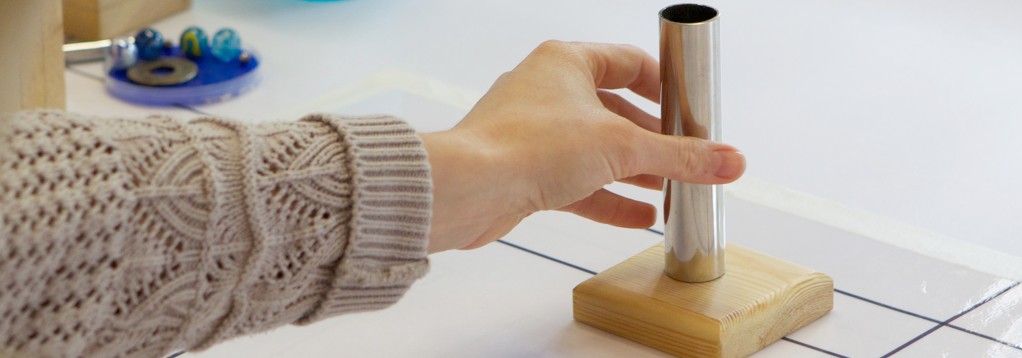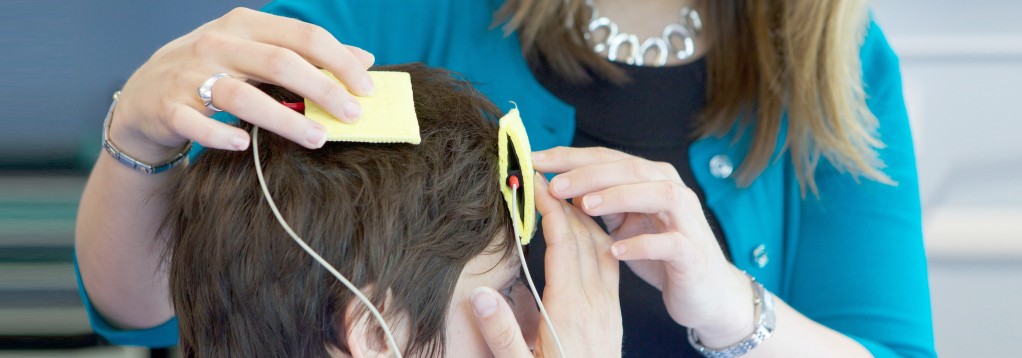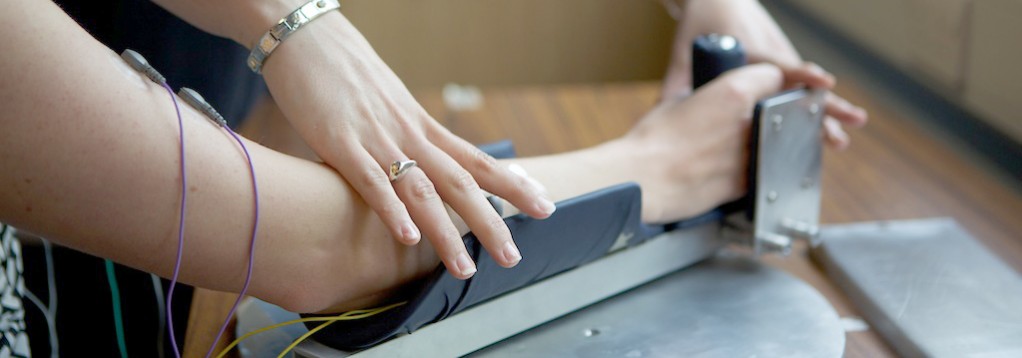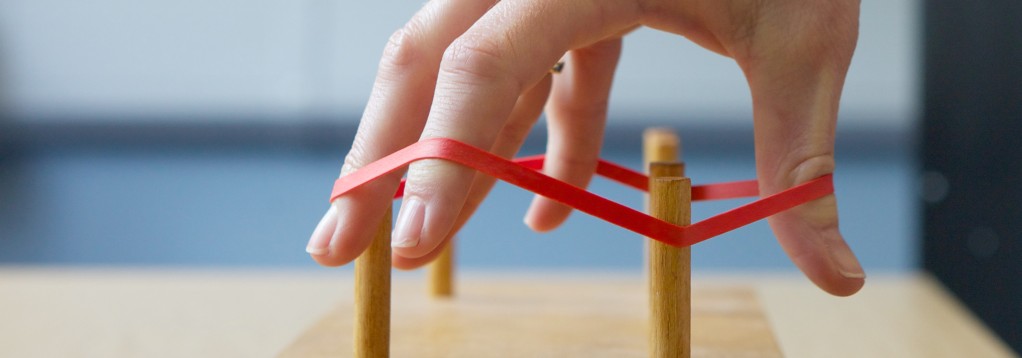Performance and functional ability after insertion of the Journey II Bi-Cruciate Stabilised Knee System compared with the Genesis II prosthesis : Capability Trial
Key Contact: Dr Celia Clarke
Funder: Smith & Nephew Clinical Fund
The Capability Trial aims to develop knowledge and understanding of the function after a TKR (Total Knee Replacement), and participant’s experiences and satisfaction.
Osteoarthritis of the knee is a common musculoskeletal condition and its prevalence is expected to significantly increase during the next two decades as the incidence of obesity and ageing rises in the population (OA Nation, 2004) thus predicting an associated increase in total knee replacement usage of 670% between 2003 and 2030. This study will investigate the kinematic outcomes of different Total Knee Replacement (TKR) prosthesis designs through a range of typical activities of everyday mobility. The GENESIS II system made by Smith and Nephew is frequently used in standard practice within the NHS. A new device, JOURNEY II BCS, also manufactured by Smith and Nephew has been developed to provide improved kinematic outcomes compared to the GENESIS II (Moore and Lenz (2012)). However, there is no definitive data to support the hypothesis that in a pragmatic clinical study, the JOURNEY II BCS affords improved outcomes, patient reported, surgical and kinematic, compared to the GENESIS II system.



